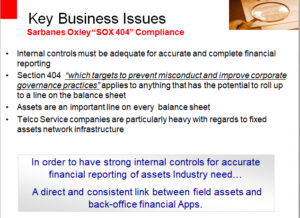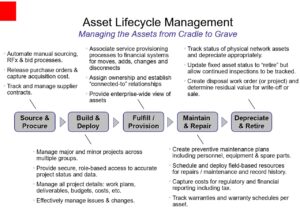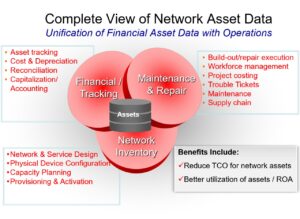portfolio Management
Initiative management and life cycle
Governance and risk management framework
Capacity management
Stakeholder engagement

- Feasibility assessment: Feasibility studies are presented for the proposed projects and initiatives, in order to determine their feasibility of implementation and achieve the appropriate return on investment.
- Planning and design: The project objectives are determined and a detailed plan for their implementation is developed, in addition to designing organizational structures and defining responsibilities and tasks.
- Implementation and monitoring: This part of the service includes implementing specific plans and tasks, monitoring project progress, and managing risks and potential changes.
- Consultation and guidance: Technical consultation and strategic guidance are provided to clients, which helps them overcome challenges and make the right decisions during the project stages.
- Closing and Evaluation: Project results are evaluated and performance reviewed, with recommendations and future improvements provided for continuous learning and development.
- Improving the efficiency of implementing projects and initiatives and reducing risks and delays.
- Achieving and exceeding clients’ goals through effective coordination and good control of projects.
- Increase transparency and improve communication with clients and project teams.
- Providing consultation and strategic guidance to achieve maximum added value.
Portfolio management is the process of planning and implementing investments and managing the associated risks. The Governance and Risk Management Framework is an essential tool in achieving these goals. The Governance and Risk Management Framework service provided by Management Systems Solutions Company (MSSC) aims to help clients achieve transparency, accountability and sustainability in the management of their portfolios.
The governance and risk management framework consists of several basic elements. One of these elements is defining investment goals and developing a specific strategy to achieve them. The MSSC team helps their clients clearly define their goals and identify appropriate strategies to achieve them.
Furthermore, the governance and risk management framework includes identifying and evaluating potential risks associated with investments. Potential risks are analyzed and evaluated, classified according to priority, and strategies to deal with them are provided. This aspect of the service aims to reduce risks and protect customers from potential losses.
In addition, the governance and risk management framework includes establishing effective monitoring mechanisms to ensure that clients adhere to approved policies and procedures. The MSSC team assists clients in developing and implementing these mechanisms effectively to ensure risk control and compliance with appropriate standards.
In short, MSSC’s Governance and Risk Management Framework service provides clients with a reliable and robust environment to manage their portfolios. Practical and strategic solutions are offered rather than theoretical advice, helping clients achieve their goals and comply with professional standards and relevant legislation. MSSC works to establish strategic partnerships with clients to ensure alignment with Saudi Arabia’s Vision 2030 and achieve sustainable success in portfolio management.

- Capabilities analysis and evaluation: The MSSC team analyzes the current capabilities of the portfolios and evaluates their alignment with its strategic objectives. Areas that need improvement and development are identified to enhance efficiency and effectiveness.
- Design and Implement Training Programs: Based on the capacity analysis, the MSSC team designs and implements customized training programs to develop the skills and knowledge of portfolio staff. Specialized training is provided in areas such as strategic management, planning, organizing, implementation, and performance monitoring.
- Operations Improvement: The MSSC team provides expertise and knowledge in analyzing portfolios’ current operations and identifying opportunities to improve and streamline them. Best practices and quality management techniques are applied to enhance efficiency, achieve cost savings and improve customer satisfaction.
- Organizational Capacity Development: The MSSC team helps enhance portfolio organizational capabilities by developing organization structures and processes and enhancing communication and coordination between teams. Consultation and support are provided to governors in areas such as defining roles and responsibilities, developing business policies and procedures, and improving internal coordination.
- Monitoring and measuring performance: The MSSC team monitors and measures the performance of portfolios after implementing improvement and development procedures. Analytical tools and reports are provided that help clients track their progress and measure the results achieved.

- Stakeholder analysis and identification: We analyze and identify important individuals and entities that influence or are affected by your business. This includes identifying customers, employees, partners, investors, the local community, government agencies, NGOs, and other relevant actors.
- Stakeholder classification and evaluation: After identifying stakeholders, we classify them and assess their level of influence and importance to your organization. This helps you prioritize and focus on important efforts to engage with them effectively.
- Develop engagement strategy: Based on our analysis and classification, we work with you to develop a comprehensive stakeholder engagement strategy. This includes setting goals, developing an action plan, and identifying appropriate tools and channels for communicating and interacting with each stakeholder category.
- Implementing and monitoring the strategy: After developing the engagement strategy, we implement it and monitor its progress. We use data analysis and performance evaluation tools to measure the effectiveness of engagement efforts and make necessary adjustments to achieve the best results.

















